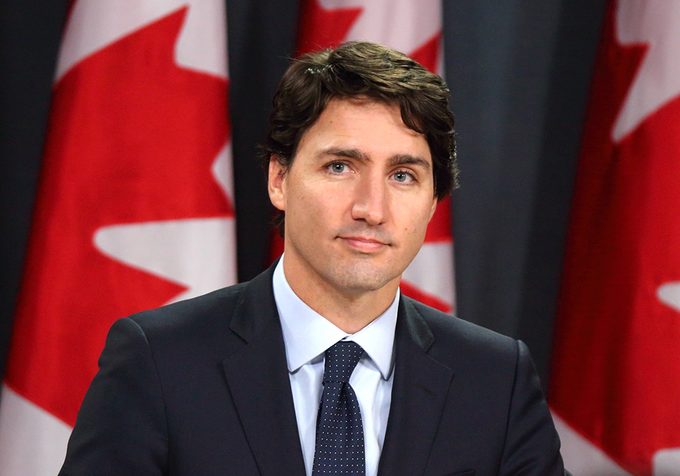Why Investing In Women’s Reproductive Health is Always Worth It
Yesterday, the Canadian government announced plans to invest $650 million in women’s sexual and reproductive education around the world.

Yesterday, Prime Minster Justin Trudeau marked International Women’s Day with the announcement that Canada will be investing $650 million over three years to fund sexual and reproductive education for women worldwide.
“We will continue to place gender equality and rights, and the empowerment of women and girls, at the heart of our international development work,” he said at a press conference in Ottawa.
This investment comes from unallocated funds for foreign aid within the government’s budget. The money will be used in programs that promote family planning, access to safe abortions and post-abortion care, in addition to providing education to women about sexual and gender-based violence such as child marriage, and female genital mutilation and cutting.
Modern family planning around the world
Trudeau also announced that part of the funding will go towards the global Family Planning 2020 initiative, which “supports the rights of women and girls to decide, freely, and for themselves, if, when, and how many children they want to have.”
Family Planning 2020 aims to make modern family planning methods more accessible for the 225 million women and girls who currently don’t have these resources. This stat is particularly dangerous for adolescent girls in developing countries, where complications in pregnancy and childbirth are the leading cause of death for girls ages 15 to 19. In the developing world, a third of girls are married before their 18th birthday, according to the International Centre for Research and Women.
The importance of investing in women
“The global community has an obligation to advance the new agenda for sustainable development, which enshrines gender equality as one of its goals,” Dr. Babatunde Osotimehin, United Nations Population Fund’s executive director said in a press release. Osotimehin adds that this includes a woman’s right to make decisions about her sexual and reproductive health.
Numerous studies have found that women with sexual and reproductive education and access to modern family planning are more likely to pursue higher education, hold better jobs and raise healthier children.




